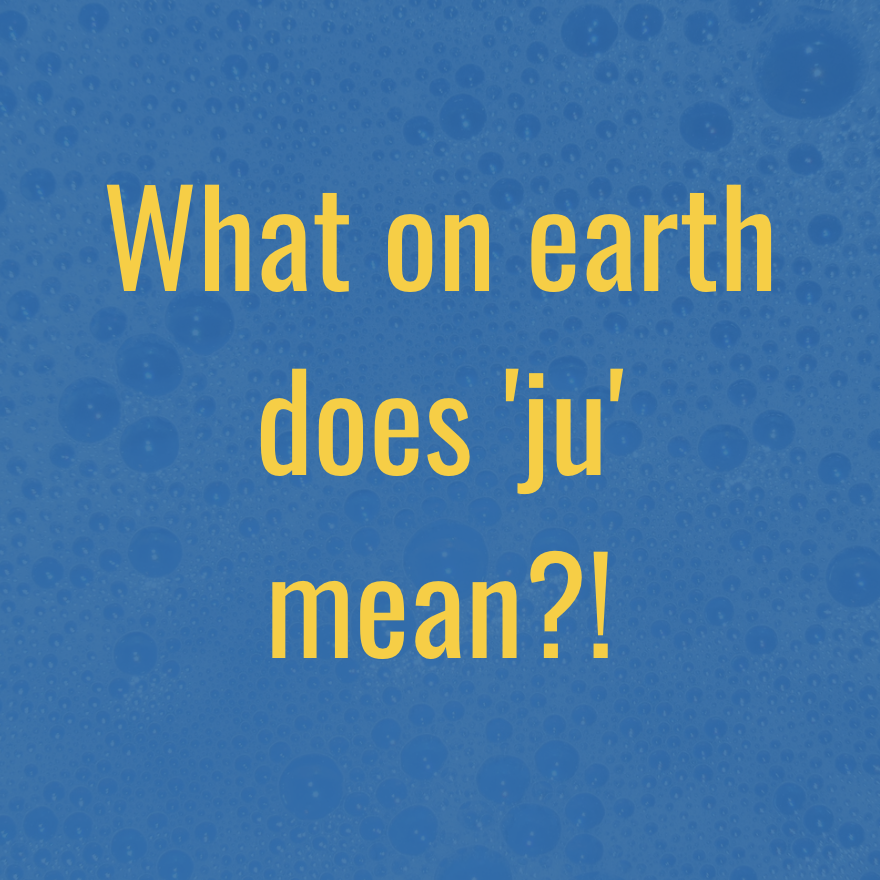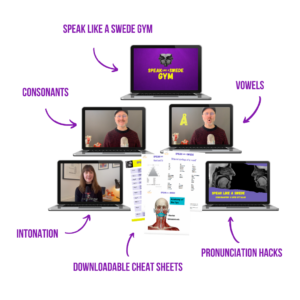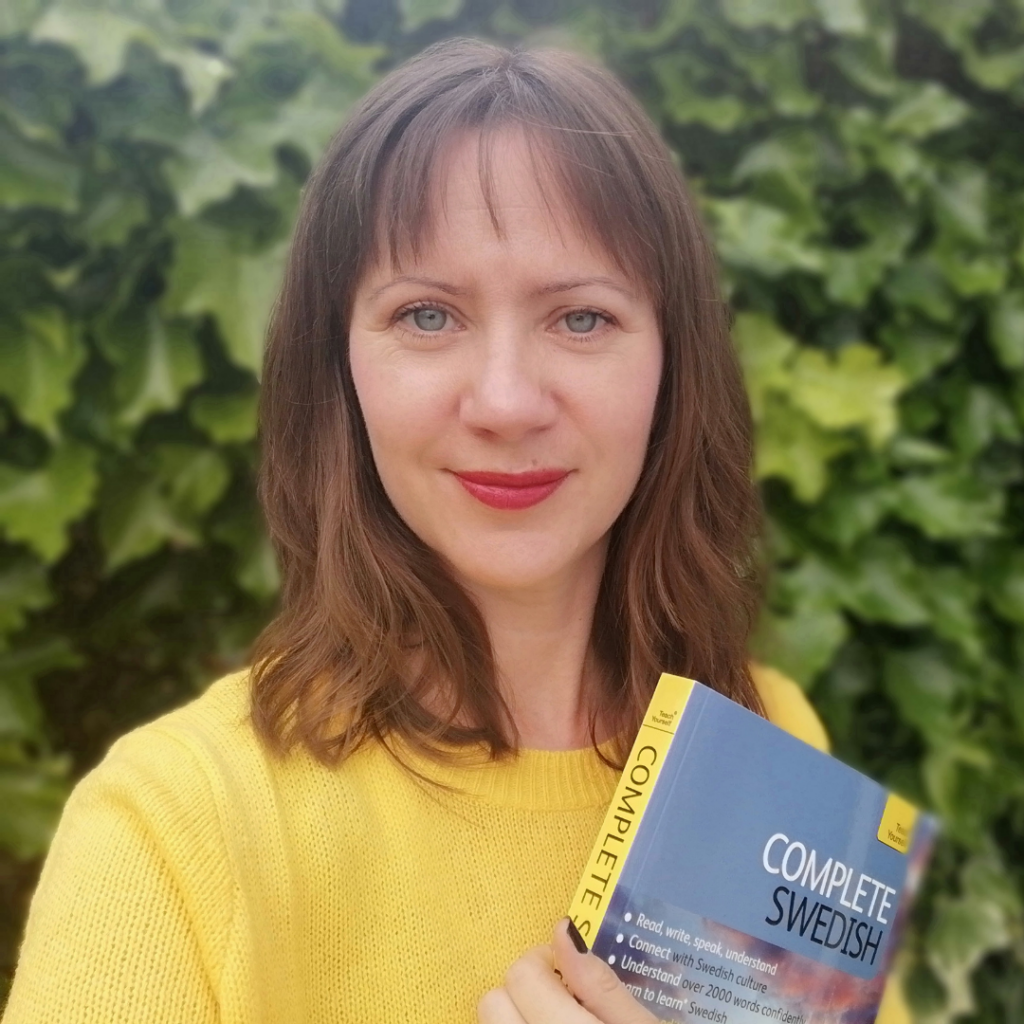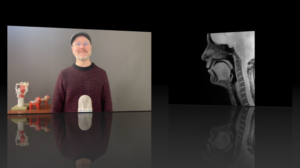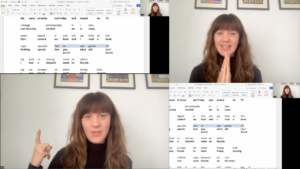Many of our students ask us about the Swedish word ju. It’s a sentence adverb (satsadverb) that we use very often in Swedish On the whole, it means something along the lines of ‘as you/we already know/are aware of’, or ‘as I have already mentioned’.
Here are 6 examples of how you can use the Swedish word ju in sentences.
1. As I’ve mentioned before….
It can be used when the speaker wants to express that they have already told the listener something.
Vill du ha köttbullar? Do you want meatballs?
Nej, jag är ju vegetarian. No, as you know, I am a vegetarian.
2. Really?!
It can express surprise and disbelief.
Ska du gå hem redan? Klockan är ju bara åtta! Are you going home so soon? It’s only eight o’clock!
3. But I told you…
It can also be used to express frustration, perhaps when something has already been said before, like in this example:
Stina: Köpte du mjölk på vägen hem? Did you buy milk on the way home?
Lisa: Nej. No.
Stina: Men jag sa ju att mjölken är slut! But I told you we are out of milk!
Lisa: Förlåt, jag glömde… Sorry, I forgot…
4. But…(picking a fight)
It can be used argumentatively.
Ligg inte i sängen hela dagen! Don’t lie in bed all day!
Men jag är ju sjuk! But I am sick!
5. Everyone knows (stating the obvious)
It can be used to state something obvious.
Sverige är ju väldigt mörkt på vintern. Sweden is (of course) very dark in the winter.
6. Everyone/a person should know
It can be used to express that the listener should know.
Sverige ligger ju i Europa. Sweden is (as I am sure you’re aware) in Europe.
JU…. DESTO…
There is also another set phrase where the word ju turns up. These are phrases like ‘the more, the better’, as they have a special construction in Swedish that includes ju.
First use ju + comparative, and then desto + comparative.
Ju mer, desto bättre. The more, the better.
To construct a longer phrase, like for example ‘the more I buy, the less money I have’, the following construction is used. Pay attention to the word order in the first and the second clause (especially the relation between the verb and the subject), as they are different.
Ju mer jag köper, desto mindre pengar har jag.
Two verb-construction:
Ju bättre du kan tala svenska, desto bättre kan du förstå.

